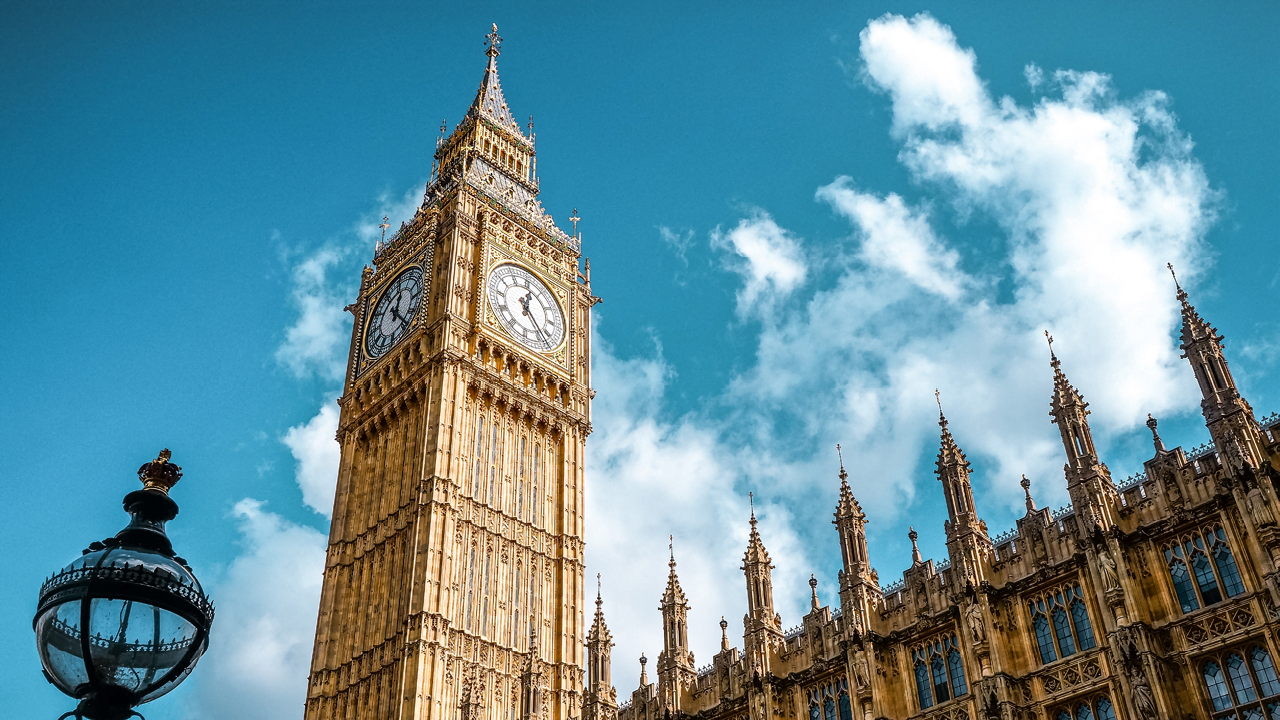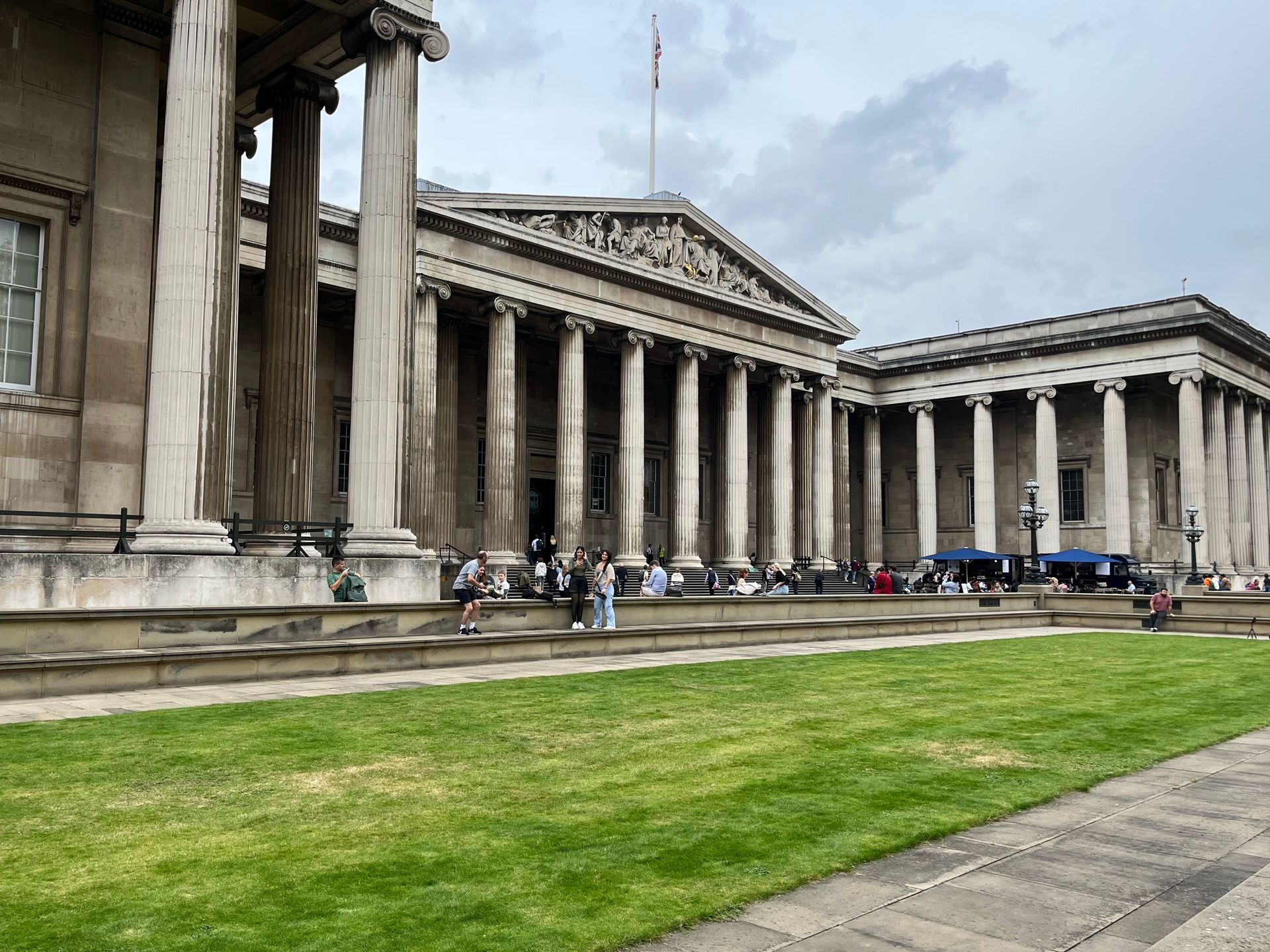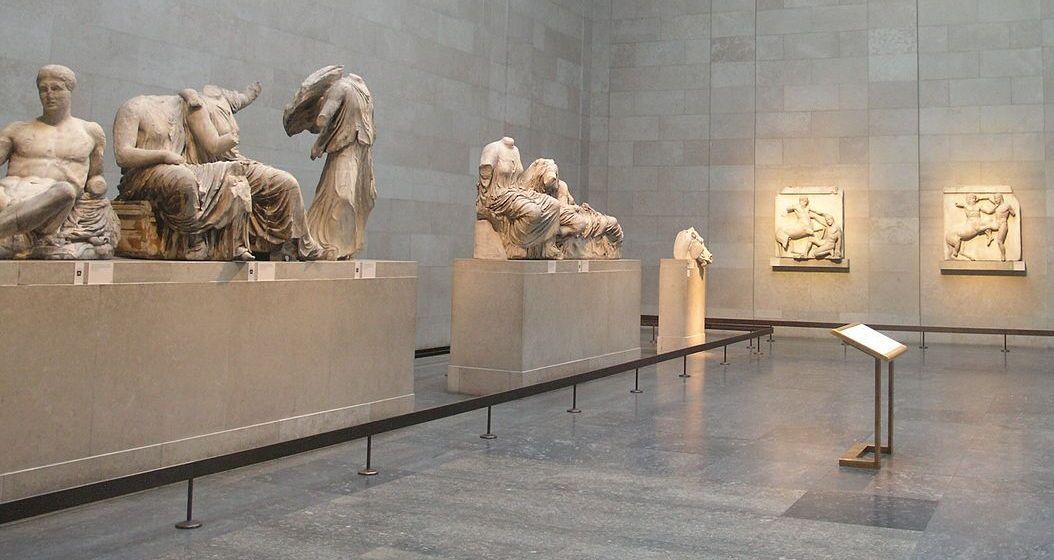Cultural Restitution
With Benin Bronzes firmly centre stage in the restitution debate, another museum has joined the growing list of European institutions announcing the return of Benin objects to Nigeria. Meanwhile in Germany, museums have agreed a formal process they say will lead to “substantial returns” of Benin objects.
The National Museum of Ireland is the latest museum to announce preparations for the “restitution in full” of the Museum’s collection of twenty-one Benin objects. It follows an inventory they carried out between 2003 and 2007 of about 15,000 ethnographic objects in their collection and a recognition of the need for further in-depth research. Recently, the Museum set up a Collections Provenance Working Group, whose task is to establish the means by which the twenty-one Benin objects, including armlets, wooden paddles, figures and a staff, will be returned. All these Benin objects entered the Museum’s collection between 1898 and 1907.
The NMI has made previous permanent restitutions, including two toi moko (tattooed Maori heads) repatriated to the Museum of New Zealand Te Papa Tongarewa in 1990.
Elsewhere, attention has been focussed on the meeting that took place at the end of last month between the German Minister of State for Culture and the Media, Monika Grütters, and the Cultural Affairs Ministers of the Länder, the directors of the German museum members of the Benin Dialogue Group, Cologne’s Rautenstrauch-Joest Museum and the Federal Foreign Office. With conflicting reports about Germany’s commitment to Benin restitutions flying around, it was hoped this meeting would reveal their direction of travel.
A statement produced by the Federal Foreign Office did reaffirm their “willingness in principle to make substantial returns of Benin Bronzes”. But reports that returns would begin later this summer appear way off the mark.
Instead, what we may see later this summer is a concrete set of actions and a timetable for returning certain Benin objects now in German public collections. In the meantime, participants have agreed to engage in a three-stage process involving greater transparency about Benin objects in their collections, areas of future cooperation with Nigeria and uniform arrangements for making returns.
By next month (15 June) participants have agreed to publish a list of their Benin objects on their own websites, as well as on the website of the ‘Contact Point for Collections from Colonial Contexts in Germany’ at www.cp3c.de. By the end of this year, “comprehensive documentation of the provenance of these objects” will also be made publicly accessible on the Contact Point website.
Talks about return processes and future cooperation arrangements between museums and Nigeria will be “intensified”, with the aim of sounding out the possibilities of developing a uniform German and Benin Dialogue Group approach to discussions taking place with Nigeria’s Legacy Restoration Trust (LRT), responsible for developing the new Edo Museum of West African Art (EMOWAA). Significantly, they envisage these discussions will cover not only returns to and cooperation projects with Nigeria, but also whether and how Benin Bronzes can continue to be exhibited in Germany.
Further talks about procedures with the LRT, including the legal and organisational conditions for returns, will be coordinated by the Director of MARKK Hamburg, Prof Barbara Plankensteiner, and the Director of the Prussian Cultural Heritage Foundation, Prof Hermann Parzinger.
Committed to taking the “next steps with the necessary urgency, sensitivity and determination to attain results”, the Federal Foreign Office’s statement says that participants aim to make the first returns “in the course of 2022”.
Other members of the Benin Dialogue Group will be briefed on Germany’s progress at their next meeting on 27 May 2021. After then, we may discover which members of the Group are prepared to work with officials at the new EMOWAA and realise a timely return of Benin Bronzes and which are not.
Photo: Benin Bronze plaque, Ethnological Museum of Berlin
Courtesy of Wikimedia Commons
More News
Subscribe
Receive free updates on recent restitution news
Join the Newsletter
We will get back to you as soon as possible
Please try again later
CREDITS
Frieze block from the Temple of Athena, The Acropolis Museum, Athens
Acropolis photos courtesy of Anna Oikonomou
–
Site Design by
beckon.
All Rights Reserved | Returning Heritage



